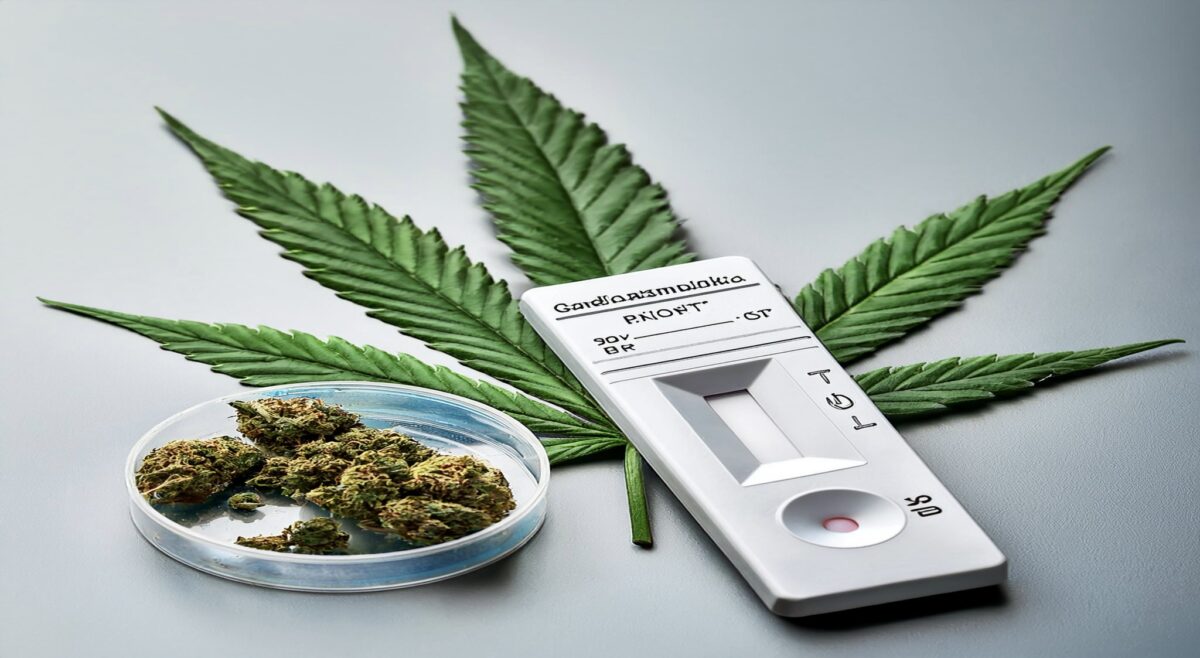As cannabis laws evolve in New Jersey, it’s crucial for employees and job seekers to understand their rights regarding drug testing and marijuana use. This article aims to provide a comprehensive overview of the current landscape, focusing on the protections offered by the New Jersey Cannabis Regulatory, Enforcement Assistance, and Marketplace Modernization Act (CREAMMA) and related regulations.
Key Protections Under CREAMMA
CREAMMA has introduced significant changes to how employers can approach drug testing and cannabis use:
- Employers cannot take adverse action against employees solely due to the presence of cannabis metabolites in their system.
- A positive drug test for cannabis alone is not sufficient grounds for termination or other disciplinary action.
- To determine if an employee is impaired at work, employers must use both:
- A scientifically reliable drug test (such as blood, urine, or saliva)
- A physical evaluation conducted by a certified Workplace Impairment Recognition Expert (WIRE)
What This Means for Employees
- Off-duty cannabis use: You can generally use cannabis when you’re not at work without fear of losing your job.
- Random testing: While employers can still conduct random drug tests, they cannot use a positive result for cannabis as the sole reason for taking action against you.
- Impairment at work: It remains illegal to be impaired by cannabis while working. However, your employer needs to prove impairment through proper testing and evaluation.
Post-Offer Drug Testing and Hiring Decisions
The law also provides protections for job applicants:
- Employers cannot refuse to hire a prospective employee solely because of a positive marijuana test result.
- The presence of cannabinoid metabolites in a person’s system alone is not grounds for rescinding a job offer.
- New Jersey law protects employees and job applicants from adverse employment actions based on their off-duty use of cannabis, whether for medical or recreational purposes.
Exceptions and Limitations
It’s important to note that there are some exceptions to these protections:
- Safety-sensitive positions may have stricter rules due to the nature of the work.
- Federal contractors or employers receiving federal funding may need to follow federal drug-free workplace rules, which can be more restrictive.
- Employers retain the right to maintain a drug-free workplace and can prohibit use or impairment during work hours.
Recent Legal Developments
In a significant case, Zanetich v. Wal-Mart Stores East, Inc., a federal judge in the U.S. District Court for the District of New Jersey ruled that CREAMMA does not provide for a private right of action. This means that employees cannot directly sue their employers for alleged violations of CREAMMA. The court determined that only the New Jersey Cannabis Regulatory Commission (CRC) has the authority to enforce CREAMMA.
However, this ruling does not leave employees without recourse. While CREAMMA itself may not provide a direct avenue for lawsuits, employees may still have other legal options:
- New Jersey Law Against Discrimination (NJLAD): The NJLAD protects registered medical marijuana patients from employment discrimination based on a disability. Employees who face discrimination due to their medical marijuana use may still have a valid claim under this law.
- New Jersey Civil Rights Act: Although not specifically addressed in the Zanetich case, employees might potentially bring claims under the New Jersey Civil Rights Act for violations of their rights as established by CREAMMA.
- Reasonable Accommodation Claims: Employers are still required to explore reasonable accommodations for employees who use medical marijuana. Failure to do so could result in a valid disability discrimination claim.
- State Agency Complaints: Employees can file complaints with the New Jersey Division on Civil Rights or the Cannabis Regulatory Commission for alleged violations of CREAMMA or related anti-discrimination laws.
Best Practices for Employees and Job Seekers
- Know your rights: Familiarize yourself with CREAMMA and stay informed about any updates to the law.
- Understand company policies: Review your employer’s drug policies and procedures.
- Be aware of testing procedures: Employers must use both a drug test and a WIRE evaluation to determine impairment.
- Medical marijuana users: Consider disclosing your status if asked about drug use or testing, especially during the hiring process.
- Document everything: If you believe your rights have been violated, keep detailed records of all relevant incidents and communications.
What to Do If Your Rights Are Violated
If you believe your employer has violated these rules, such as:
- Firing you or rescinding a job offer based only on a positive cannabis test
- Not using a certified WIRE for impairment evaluation
- Discriminating against you for being a medical cannabis patient
You may have legal options. Consider taking the following steps:
- Document all relevant information related to the incident.
- Review your company’s drug policies and your employee handbook.
- Consult with an employment lawyer who specializes in cannabis-related workplace issues.
Looking Ahead
The landscape of cannabis law and employment is still evolving in New Jersey. The Cannabis Regulatory Commission is working on finalizing regulations for WIREs and impairment recognition. It’s crucial to stay informed about these changes to protect your rights effectively.
Remember, while you have the right to use cannabis off-duty, you still have a responsibility to come to work unimpaired and ready to perform your job safely and effectively. Balancing employee rights with workplace safety remains a key consideration in the implementation of these laws.
If you have concerns about your workplace’s drug testing practices, believe your rights have been violated, or face discrimination due to cannabis use, don’t hesitate to seek legal advice. Understanding and asserting your rights is essential in navigating the complex intersection of cannabis use and employment law in New Jersey.


